
As we age, maintaining brain health becomes increasingly important to preserve cognitive function, memory, and overall well-being. Luckily, you can support brain health through a nutritious diet rich in foods that provide essential nutrients for optimal cognitive function. This article will go through 15 of the best foods for brain health after age 50.
Fatty Fish

Salmon and trout contain a large amount of EPA and DHA, two essential fatty acids. They play a vital role in supporting cognitive function, reducing inflammation, and protecting against age-related cognitive decline.
Blueberries

Several studies have found that regular consumption of blueberries improves cognitive function, including memory, attention, and executive function. The antioxidants present in blueberries help protect brain cells from damage, promote neuronal signaling, and support neuroplasticity, your brain’s ability to form new connections.
Leafy Greens

Leafy greens are rich in fiber, which supports gut health and the gut-brain axis, the bidirectional pathway between the gut and the brain. A healthy gut microbiota is essential for brain health, as it influences neurotransmitter production, immune function, and inflammation levels in the brain.
Nuts and Seeds

These are rich in antioxidants, including vitamin E, selenium, and phenolic compounds. They help fight oxidative strain and inflammation in the brain, which leads to age-related cognitive decline and neurodegenerative diseases.
Berries

The flavonoids and anthocyanins in berries have been found to enhance memory and learning by promoting the growth of neurons in the hippocampus, the brain region responsible for memory formation. By stimulating neurogenesis, berries may help improve memory recall and cognitive performance, particularly in older adults.
Dark Chocolate
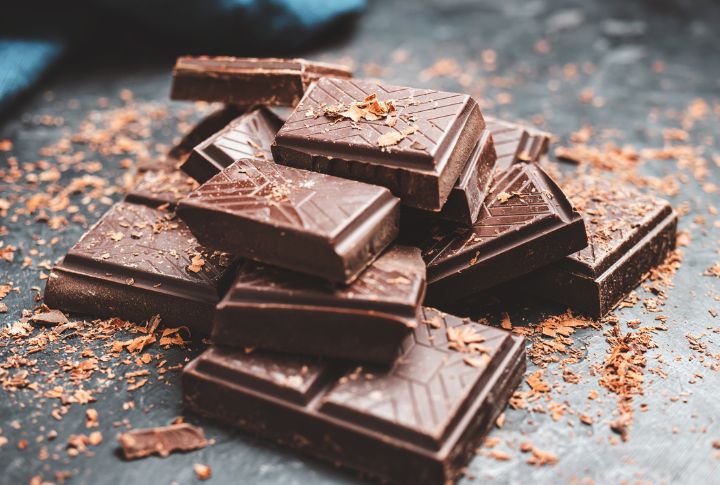
Dark chocolate contains flavonoids, caffeine, and antioxidants that have been shown to enhance mood and boost memory. Opt for dark chocolate with more cocoa (70% or higher) to maximize its brain-boosting benefits.
Turmeric
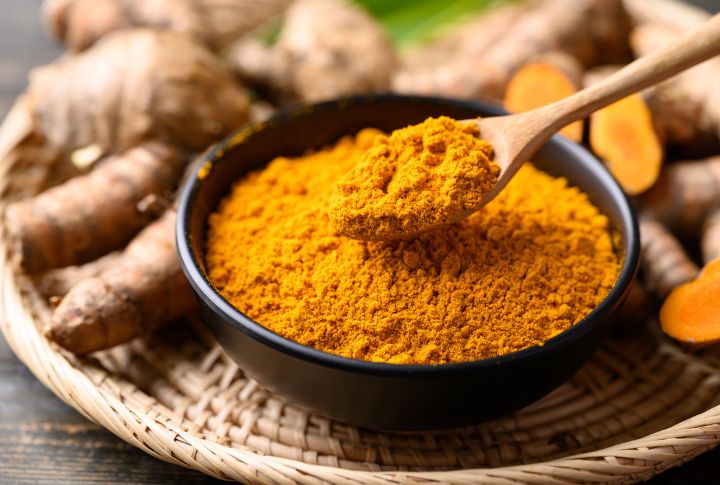
Rich in a bioactive compound called curcumin, turmeric is responsible for many health advantages. It has been shown to inhibit inflammatory pathways and reduce inflammation in the brain, protecting against neuronal damage and cognitive decline.
Avocados
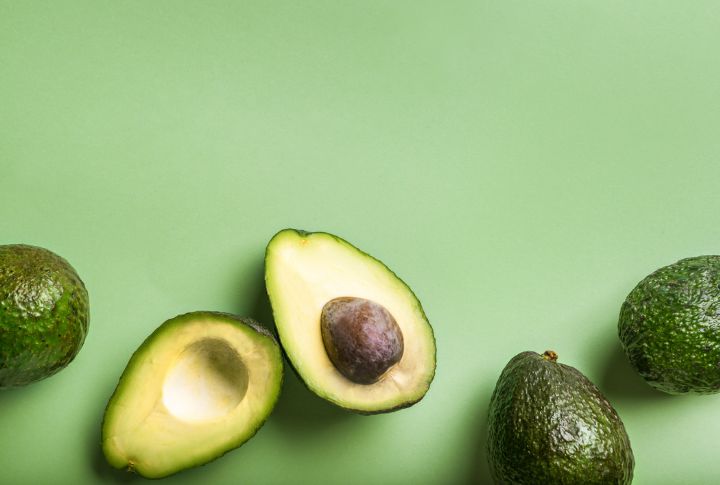
While avocados are not as high in omega-3 fatty acids as fatty fish or nuts, they have small amounts of alpha-linolenic acid (ALA), a plant-based omega-3 fatty acid. Furthermore, omega-3 fatty acids are necessary for brain health, supporting synaptic function.
Eggs
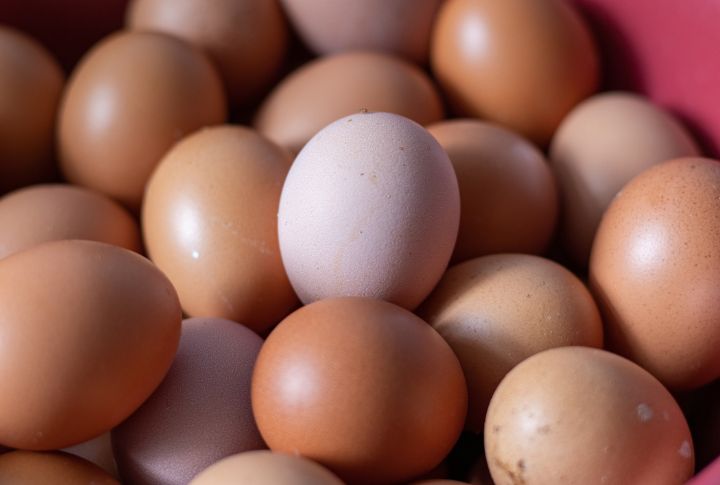
Choline, a precursor to acetylcholine, is found in eggs. It has neuroprotective properties that help protect neurons from damage and promote their survival. This can be particularly important in preventing age-related cognitive decline and decreasing the risk of neurodegenerative diseases such as Alzheimer’s disease.
Broccoli
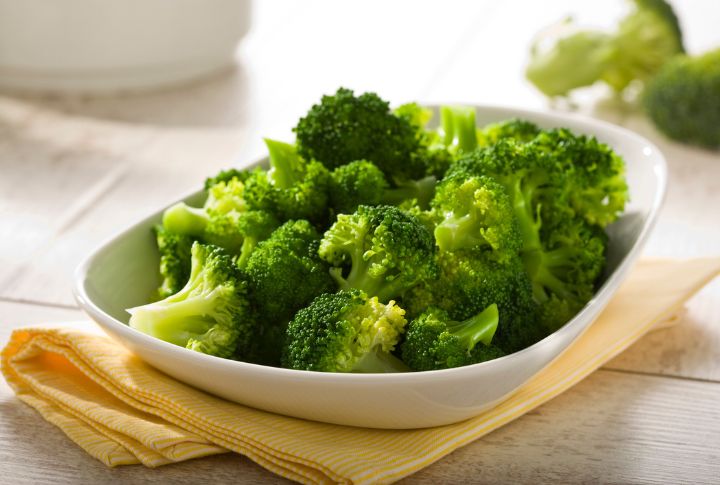
This green veggie is rich in folate (natural form) or folic acid (synthetic form) and B vitamins essential for brain health. Folic acid helps in DNA repair and methylation processes in the brain, which are important for preventing neural tube defects.
Whole Grains
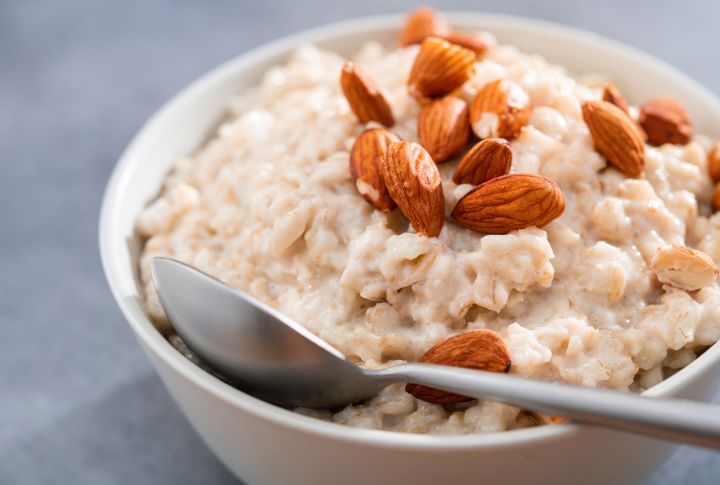
Whole grains like oats, quinoa, and brown rice are rich in fiber, vitamins, and antioxidants. Fiber is needed to maintain gut health and promote the growth of gut bacteria, which then influences brain health through the gut-brain axis.
Pumpkin Seeds
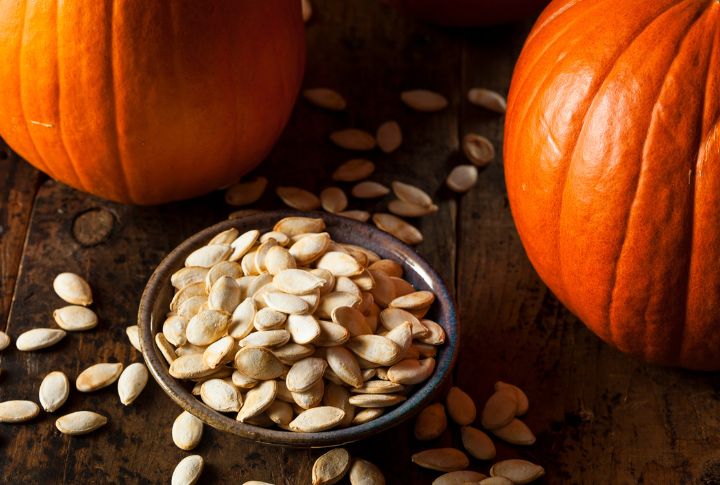
Incorporating pumpkin seeds into your diet as part of a balanced and varied eating pattern can help promote brain health after 50. Whether eaten roasted as a snack, sprinkled on salads, or added to baked products, pumpkin seeds are a nutritious addition to any diet to maintain optimal brain health.
Oranges
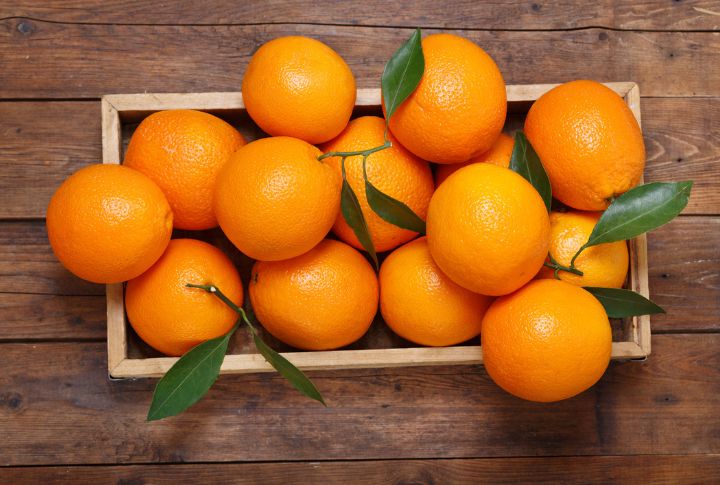
Oranges are naturally hydrating due to their high water content. Proper hydration helps maintain brain function, as dehydration can impair cognitive performance and concentration. Consuming hydrating foods like oranges helps ensure adequate fluid intake and supports brain health.
Yogurt
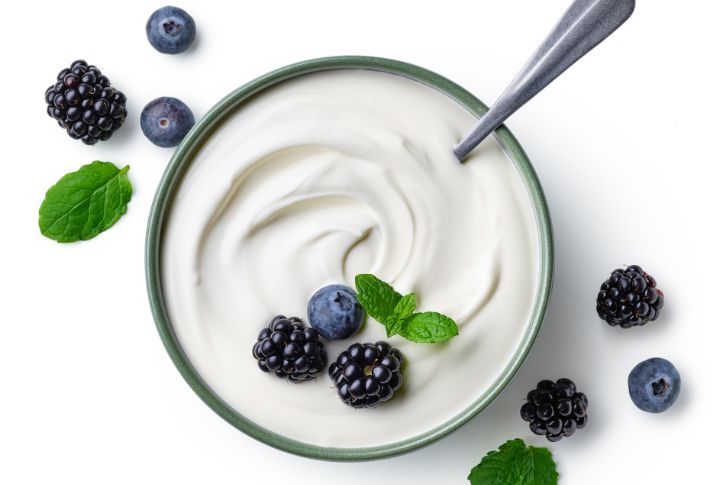
Yogurt is a probiotic-rich food that supports gut health, which is linked to brain health. The gut-brain axis regulates mood, cognition, and behavior, making yogurt an essential part of a brain-healthy diet.
Tomatoes
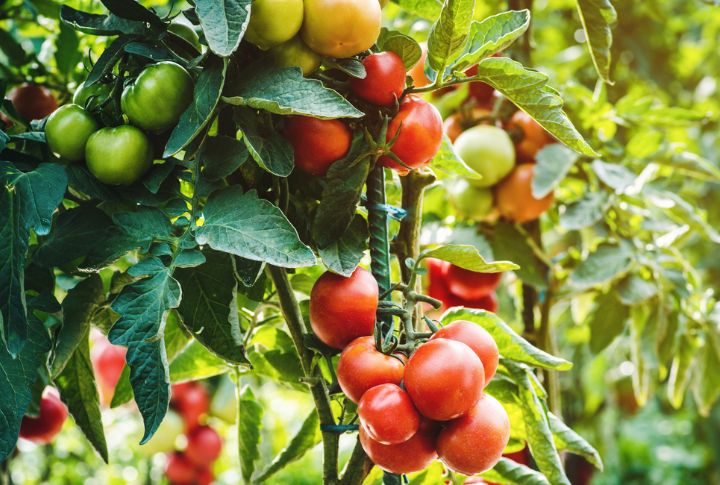
Some studies suggest that lycopene and other bioactive compounds found in tomatoes may help improve blood flow to the brain. Enhanced cerebral blood flow is important for delivering oxygen and nutrients to brain cells and removing metabolic waste products.
